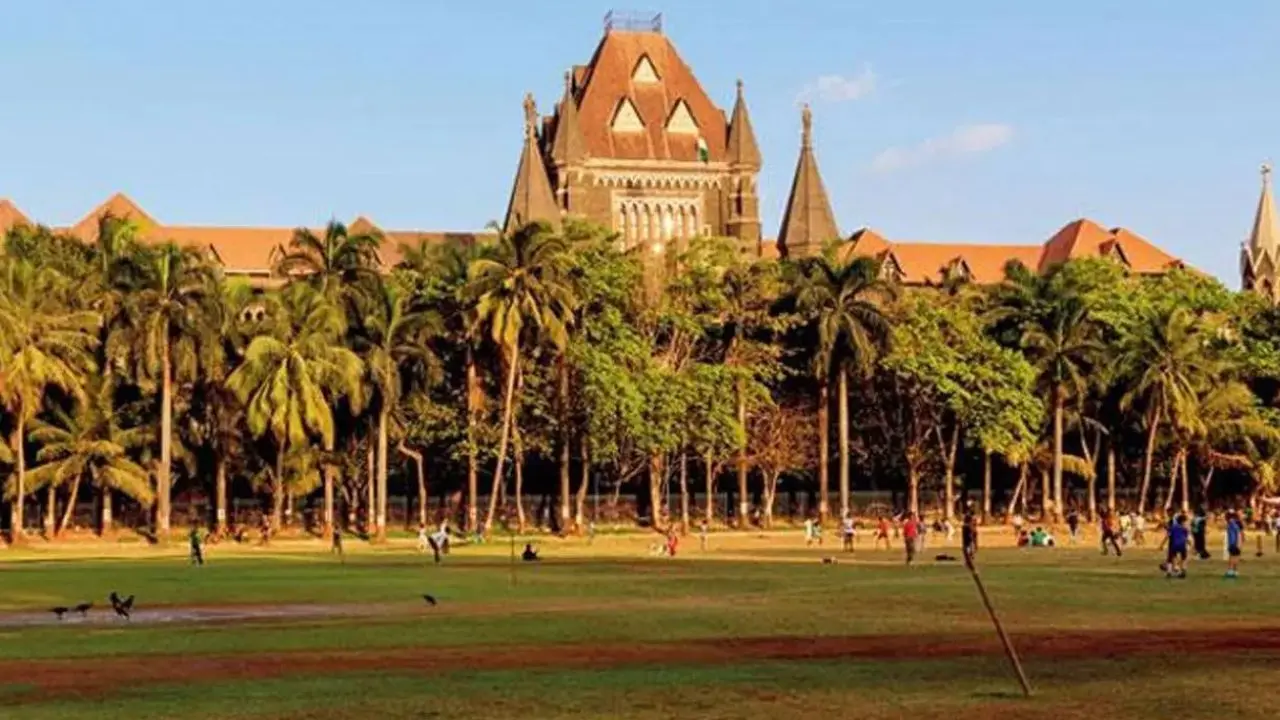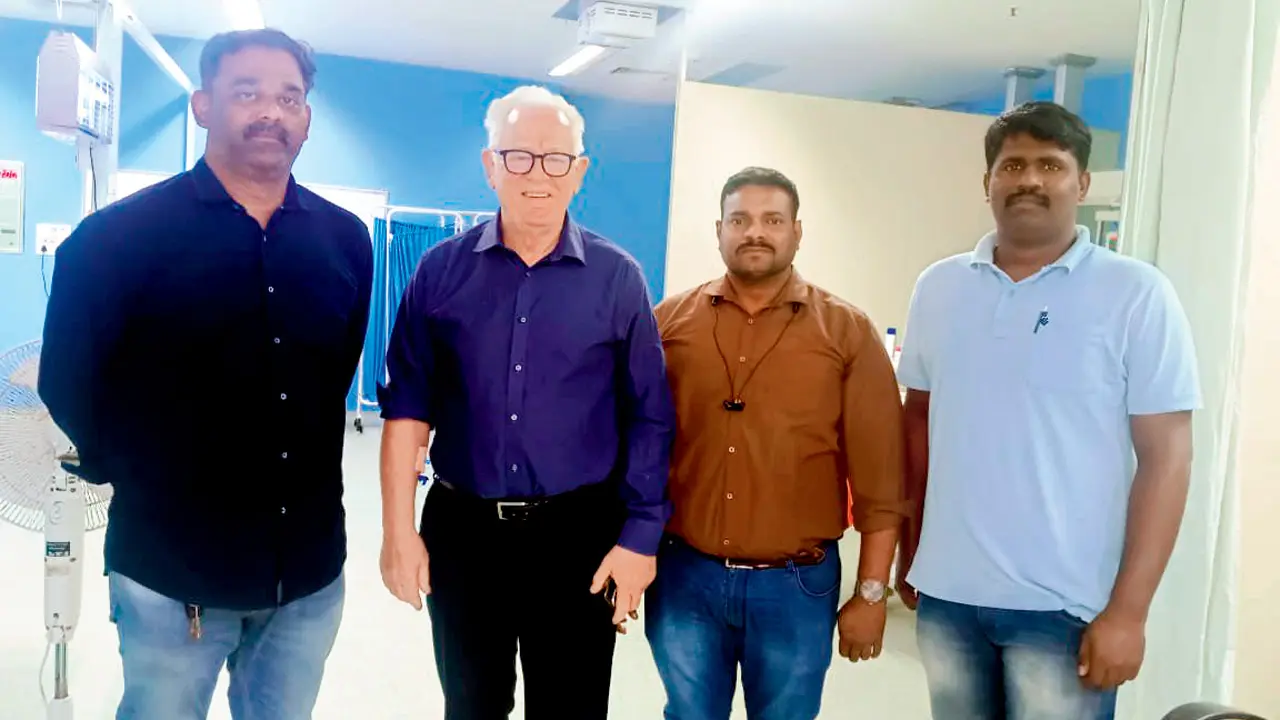The Bombay High Court (HC) on Wednesday strongly criticised the Maharashtra Government for its “extremely casual” handling of the malnutrition crisis in the state’s tribal-dominated Melghat region, calling the deaths of infants there “horrific”.
A division bench of Justices Revati Mohite Dere and Sandesh Patil noted that between June till date, 65 infants aged between zero and six months have died due to malnutrition in Melghat, located in Amravati district.
“This is horrific. The government should be worried and concerned,” the bench said while hearing a set of public interest litigations highlighting the continued deaths of children, pregnant women, and lactating mothers from malnutrition in the region.
The court observed that despite issuing directions on the issue since 2006, the state government’s assurances had not translated into action on the ground.
“This shows the seriousness you (the government) have on the issue. The approach is extremely casual,” the judges remarked.
Expressing disappointment over the state’s indifference, the court ordered the principal secretaries of the public health, tribal affairs, women and child development, and finance departments to appear before it on November 24.
Calling the situation a “very sorry state of affairs,” the bench said, “The issue of public health is being taken so lightly by the government.”
The court directed the four departments to file affidavits detailing the measures taken to address malnutrition in Melghat and suggested offering higher pay to doctors posted in tribal areas as an incentive to improve healthcare delivery, news agency PTI reported.
“There has to be some accountability. You need to have a proper mechanism,” the bench concluded.
Bombay High Court directs Maharashtra govt to extend caste-validity grace period to ST students
The division bench of the Bombay High Court at Aurangabad has directed the Maharashtra Government to extend the same six-month grace period for submitting caste-validity certificates to Scheduled Tribes (ST) that is granted to other reserved-category students, including those in MBBS and engineering courses.
The case involved four sisters from Osmanabad, whose admissions to higher studies were at risk due to delays in the verification of their caste certificates. Despite providing extensive historical documentation, their certificates were not processed in time.
The court criticised the state’s discriminatory policy, ruling that ST students should be treated equally under the law. These four sisters have set a precedent for other ST students across the state, highlighting the need for fair treatment and timely processing of caste claims.
(With PTI inputs)











